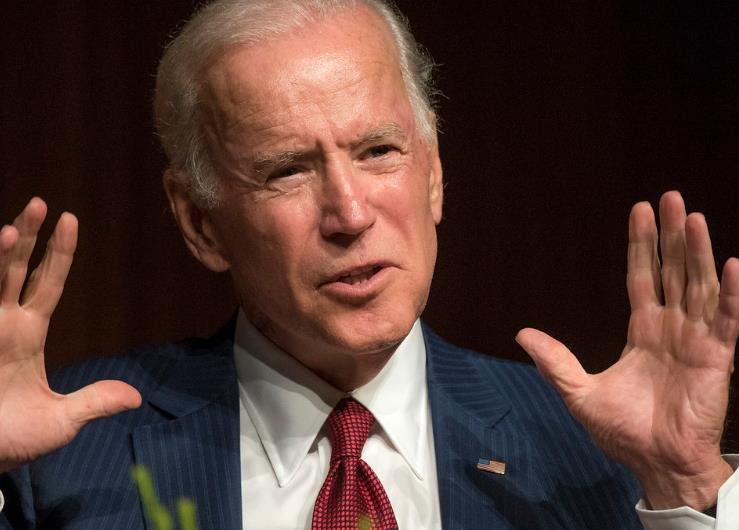President Joe Biden’s recent announcement on the Drug Enforcement Administration’s (DEA) proposal to reclassify marijuana under federal law has been met with both applause and skepticism. While Biden hails the move as “monumental,” critics argue that the practical impact of this policy shift may be overstated.
The DEA’s plan to move marijuana from Schedule I to Schedule III of the Controlled Substances Act is seen by the President as a significant step towards correcting past injustices associated with marijuana convictions. Biden’s administration has already made strides in pardoning federal offenses for simple possession and aims to further alleviate barriers to housing, employment, and loans for those affected.

Despite the potential for this rescheduling to be finalized before the presidential election, there are concerns that the actual benefits may not live up to the expectations set by Biden’s optimistic rhetoric. The rescheduling is unlikely to decriminalize marijuana use or legalize state-licensed marijuana businesses, nor will it resolve the conflict between federal prohibition and state laws.
The Limits of Policy Change
While the rescheduling of marijuana could facilitate medical research and allow cannabis suppliers to deduct business expenses on federal tax returns, it falls short of decriminalizing the cannabis industry or eliminating obstacles to marijuana banking. This gap between policy and practice raises questions about the effectiveness of rescheduling as a tool for comprehensive reform.
The move does not signal an end to the war on weed, nor does it significantly ameliorate the injustices inflicted by decades of stringent drug policies. Critics argue that without broader legislative changes, the rescheduling may have little practical impact on the lives of those most affected by marijuana prohibition.
A Closer Look at the Implications
The debate over marijuana’s rescheduling is a microcosm of the larger conversation about drug policy reform in the United States. While the Biden administration’s efforts represent progress, they also highlight the complexities of enacting meaningful change within the existing legal framework.
As the nation awaits the final decision on marijuana’s legal status, the discourse continues to evolve, reflecting the diverse perspectives on how best to balance public health, criminal justice, and individual freedoms in the context of drug policy.
Maria Garcia is an award-winning author who excels in creating engaging cannabis-centric articles that captivate audiences. Her versatile writing style allows her to cover a wide range of topics within the cannabis space, from advocacy and social justice to product reviews and lifestyle features. Maria’s dedication to promoting education and awareness about cannabis shines through in her thoughtfully curated content that resonates with both seasoned enthusiasts and newcomers alike.








